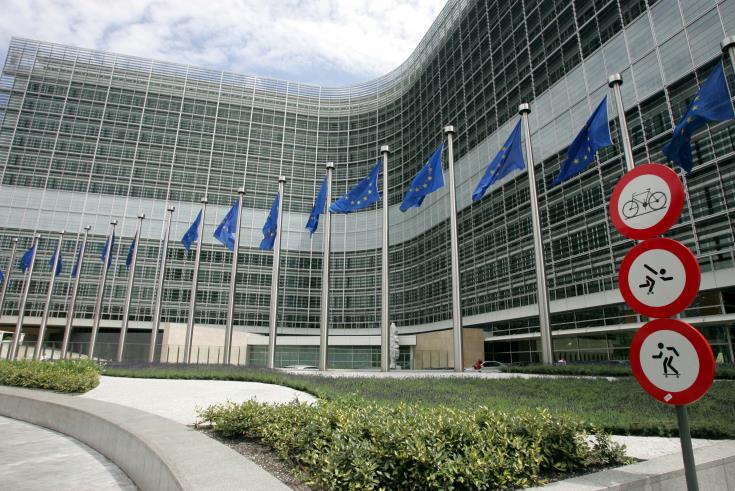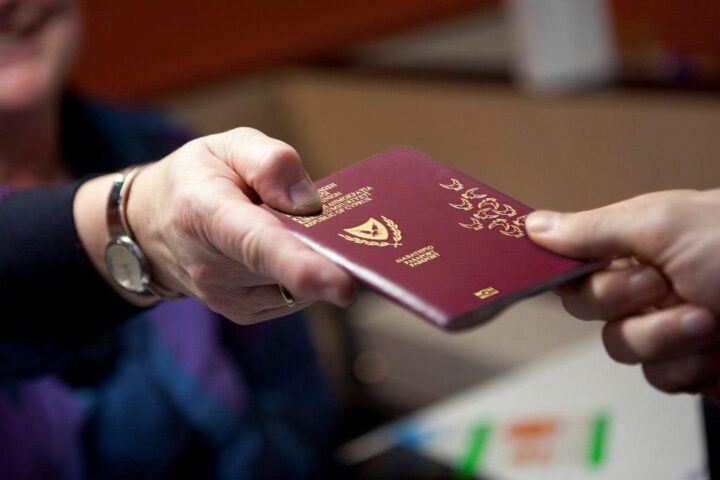Cyprus was slammed by Brussels on Tuesday for “undermining” EU citizenship with what it called an “illegal golden visa” scheme for wealthy foreign investors.
The European Commission has launched legal action against Cyprus and Malta over their underfire investment for citizenship programmes.
It has written to the two countries, which both joined the EU in 2004, to demand explanations, warning that the schemes increased the risks of money laundering, tax evasion and corruption.
EU passports are highly prized as they give their owners the right to travel, live and work freely in all 27 members of the bloc — a right the commission said must be protected.
“The effects of investor citizenship schemes are neither limited to the member states operating them nor are they neutral with regard to other member states and the EU as a whole,” the commission said in a statement.
“The commission considers that the granting of EU citizenship for pre-determined payments or investments without any genuine link with the member states concerned undermines the essence of EU citizenship.”
Cyprus has two months to respond to the commission’s formal notice of action, after which further measures may be taken.
Nicosia has already agreed to scrap its scheme next month after an investigation by the broadcaster Al-Jazeera reported that dozens of those who applied were under criminal investigation, international sanctions or even serving prison sentences.
Two Cypriot politicians resigned last week after they were filmed by Al Jazeera allegedly trying to facilitate a criminal investor obtain a passport.
EU concern
Commission spokesman Christian Wigand said the EU was concerned by calls for Cyprus to reintroduce a similar programme — and by the fact, Malta has given notice that it intends to extend its scheme.
“What is important is going forward is that no member state is operating schemes that essentially result in selling in EU citizenship,” Wigand told reporters.
Cyprus began offering citizenship in exchange for substantial investment in 2007 but stepped up the scheme in 2013, while Malta has been selling citizenship since 2014.
Investors could acquire a Cypriot passport in exchange for an investment of €2.5 mln, generating €7 bln over its lifespan.
The commission has issued warnings about the risks posed by the schemes but until now has not taken any concrete action to tackle the problem.
These schemes are different from investor residence schemes (or “golden visas”), which allow third-country nationals, subject to certain conditions, to obtain a residence permit to live in an EU country.
As nationality of a Member State is the only precondition for EU citizenship and access to rights conferred by the Treaties, the Commission has been closely monitoring investor schemes.
In April 2020, the Commission wrote to Cyprus setting out its concerns and asking for further information about the schemes.
In a resolution adopted on 10 July 2020, the European Parliament reiterated its earlier calls on Member States to phase out all existing citizenship by investment (CBI) or residency by investment (RBI) schemes as soon as possible.
EU Commission President von der Leyen in her State of the Union Address on 16 September, said European values are not for sale.
The Commission is also writing again to Bulgaria to highlight its concerns regarding its investor citizenship scheme, requesting further details.
Bulgaria had said in the past it would abolish its passport scheme for investors.










